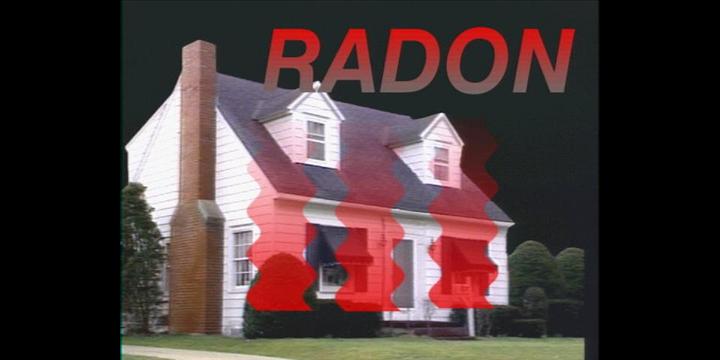By Jenny Upchurch, The TennesseanTennessee environmental officials are urging residents to take steps this month to test for and prevent radon exposure. Radon is a naturally occurring gas that can seep into homes through cracks and openings in the foundation. It cannot be seen, tasted or smelled, but in concentrated levels, radon can pose a threat to human health. It is the No. 1 cause of lung cancer among non-smokers and is the second leading cause of lung cancer in the United States. The Environmental Protection Agency estimates that 70 percent of Tennessee's population lives in areas with a high or moderate risk of radon. "Nationally, about 6 percent of homes surveyed had elevated levels of radon," said Amy Little of the Tennessee Radon Program. "In contrast, 16 percent of Tennessee homes surveyed had elevated levels, and in some counties, 33 to 75 percent of homes being tested have elevated levels of radon." Tennessee Department of Environment and Conservation officials suggest testing your home. Now is an ideal time because test results are more accurate in measuring exposure when doors and windows are shut in colder months. Radon is measured in picocuries per liter of air (pCi/L), and the EPA and Centers for Disease Control and Prevention recommend homes with radon levels at 4 pCi/L or higher should be fixed. EPA also recommends that Americans consider fixing their homes for radon levels between 2 pCi/L and 4 pCi/L. Radon test kits are sold at most hardware and home improvement centers. You can also contact the American Lung Association chapter in your area. According to the EPA, the best way to reduce radon exposure is a system of fans and vents that removes radon from beneath a foundation and moves it outside. You can learn more at www.epa.gov/radon/pubs/citguide.html#lower. You can also find out more about radon at the TDEC website atwww.tn.gov/environment/ea/radon or contact the department's radon program at 1-800-232-1139 or TDEC.Radon@tn.gov./>
Tennessee environmental officials urge radon testing
Tennessee environmental officials are urging residents to take steps this month to test for and prevent radon exposure.


